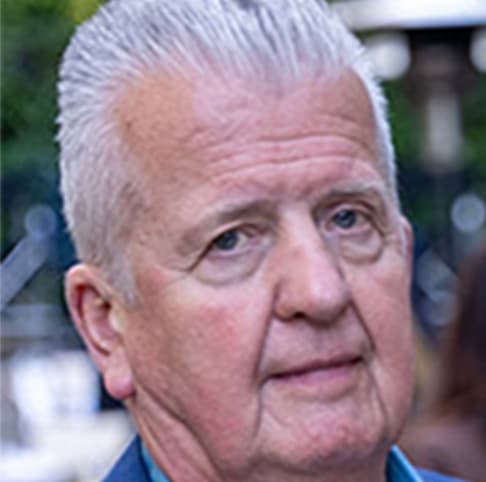Five Roles of the Manager
Management—especially now—is not something that can be learned in a book. Real management happens through a series of moments, interactions, and conversations that shape our relationships with employees and determine outcomes for all involved.

Course Snapshot
Course Snapshot
Course Overview
Five Roles of the Manager is for HR managers (with or without formal titles) who need to re-imagine the way they work in a shifting world with exciting and complex new demands for leaders at all levels. It begins with the simple truth that being a manager is not one thing, but many—shining a light on five essential roles that every manager and leader must master.
Questions You'll Explore:
How can we support our employees as whole human beings?
How can we coach our team while also giving support to individual employees?
How can learning help us pivot our organizations in times of uncertainty?
How can communicating with honesty, transparency, and vulnerability affect our ability to lead?
How do we make decisions when we don't feel like we have the answers?
A look inside the platform

Explore platform features first hand.
Field Manuals
The Five Roles of the Manager course is made up of five Field Manuals (our version of an online module). Each one contains a variety of types of content and social exercises culminating in a mini-project, reflection, or debate. Each Field Manual will take you between 30-45 minutes to complete but you can jump on and off at your own pace, as often as you’d like. The deeper learning happens in the discussions with your fellow learners, so be sure to check in on the conversations regularly.
Overview:
30-45 minutes to complete
Bite-sized, easy to read modules for an efficient learning experience.
Self paced
You can jump on and off at your own pace, as often as you'd like.
Engaging learning modules
Each field manual contains different types of content and social exercises, all culminating in a mini-project, reflection, or debate.
The Supervisor
In a world deeply changed by hybrid and remote work, managers and team leaders in HR must adapt. We have to begin by embracing our work as supervisors. This work is less about enforcing productivity and more about enabling performance. Instead of asking whether our teams punched the clock, we need to ask whether our people are paying attention to what matters.
The Communicator
As the world of work becomes more—or even fully—digital, the way we communicate as managers must undergo a similar shift. We have to reimagine the way we communicate with our people. We need to be less formal and more frequent. Give fewer presentations and have more conversations. Talk less and listen more. To do this, we need to make a habit out of practicing and adapting the way we deliver our messages.
The Coach
Good managers are like coaches––they enable the people around them to do their best work. In HR, we know this intimately; we often find ourselves coaching people throughout our organizations. The shifting nature of the way we work requires a communication style that flows in both directions, and our coaching style needs to reflect this, too. Coaching isn’t just about the individual; working today is a team sport.
The Decision Maker
HR managers make important decisions every day. However, that doesn’t mean we’re automatically good at it. How should we navigate decision making amid uncertainty? How should we weigh risks and rewards for particular decisions? Sometimes the best way to make decisions is by freeing ourselves of the pressure to make them at all.
The Learner
We know the absolute necessity of continuous learning: we enable our people to do it every day. But what about on our own teams? Are we as committed to their learning as we are to the broad idea of learning across the organization? A true commitment to learning means embracing transparency and humility, inviting questions and feedback, and celebrating honest mistakes.
Overview:
30-45 minutes to complete
Bite-sized, easy to read modules for an efficient learning experience.
Self paced
You can jump on and off at your own pace, as often as you'd like.
Engaging learning modules
Each field manual contains different types of content and social exercises, all culminating in a mini-project, reflection, or debate.
Start your skill development journey.
Featured Voices



Enroll in Five Roles of the Manager.
+ other results driven courses
Professional
Enterprise
All Courses Feature:
Skill-building, cohort-based learning.
You work collaboratively, so why should your professional development happen in isolation? Advance through time-bound programs and self-guided content with peers from around the world.
Access to the largest global community of HR professionals.
Academy members come from over 130 countries and represent more than 500 organizations across dozens of industries.
Certificates focused on real-world strategies.
Earn SHRM and HRCI recertification credits with more than 25 robust courses led by top industry leaders.
Learning content designed with you in mind.
Leading experts share insight into core topics and high-visibility trends through thousands of easily accessible microlearning assets and resources.
Real-world courses create
real-world results.


























